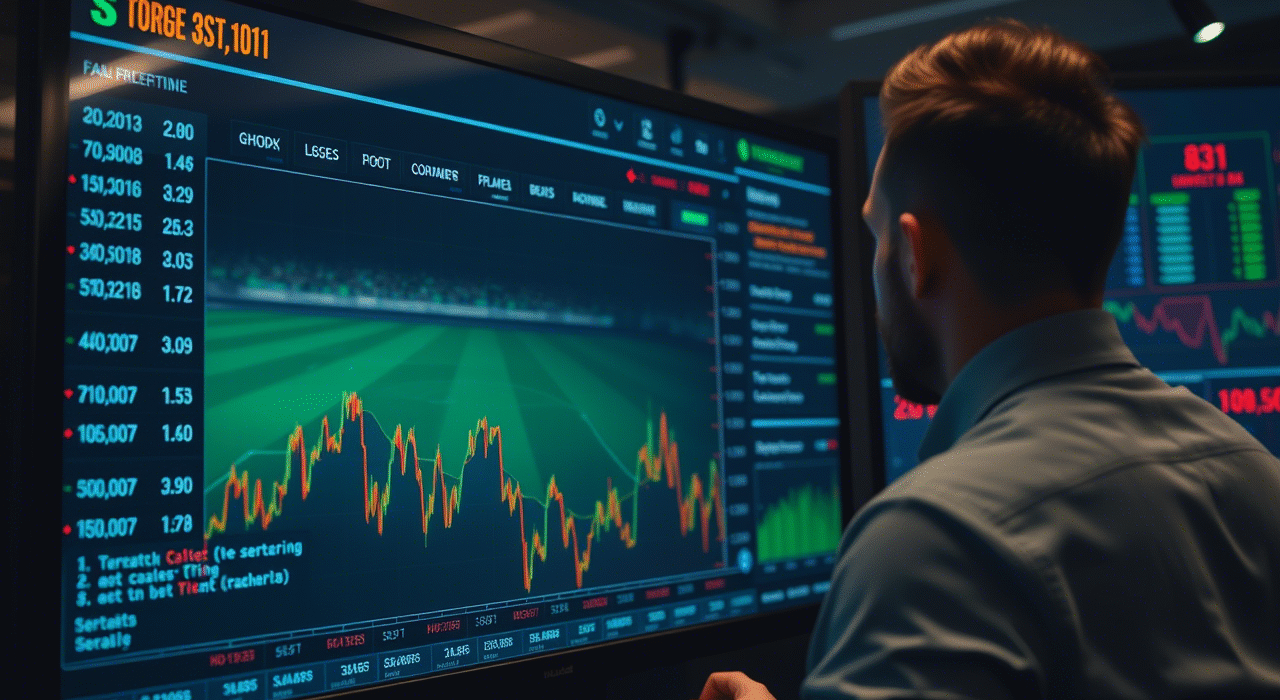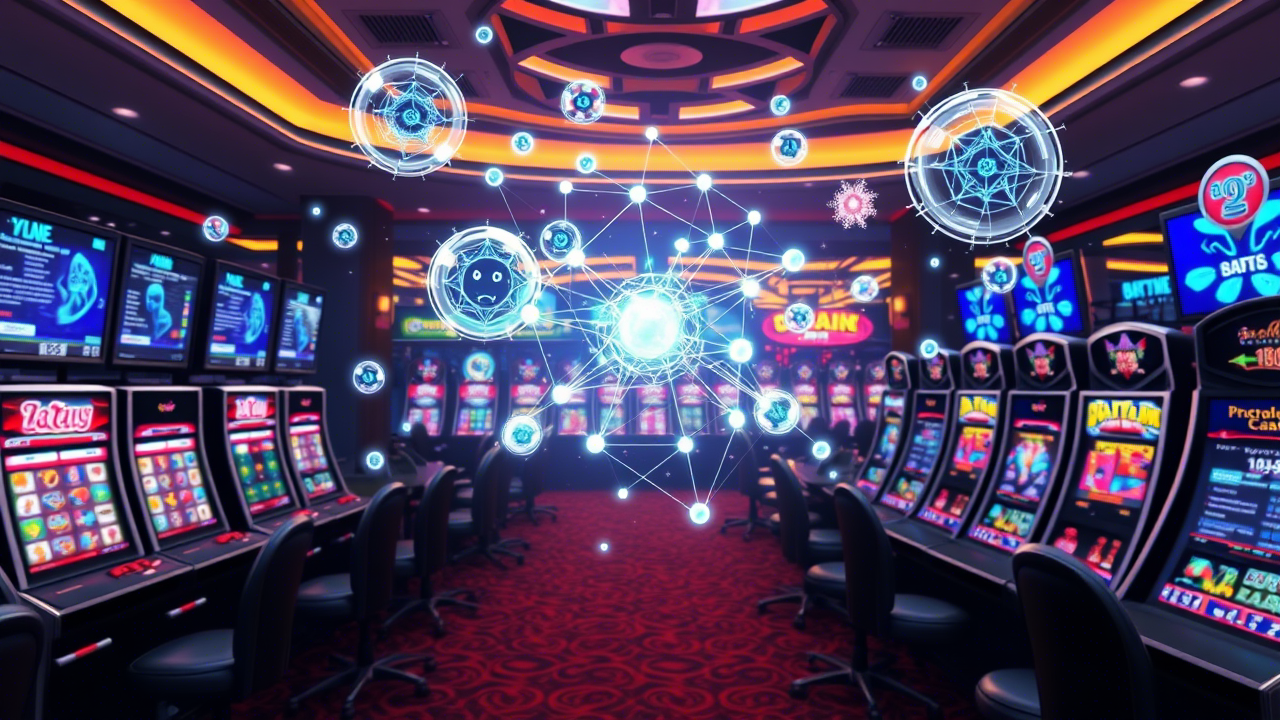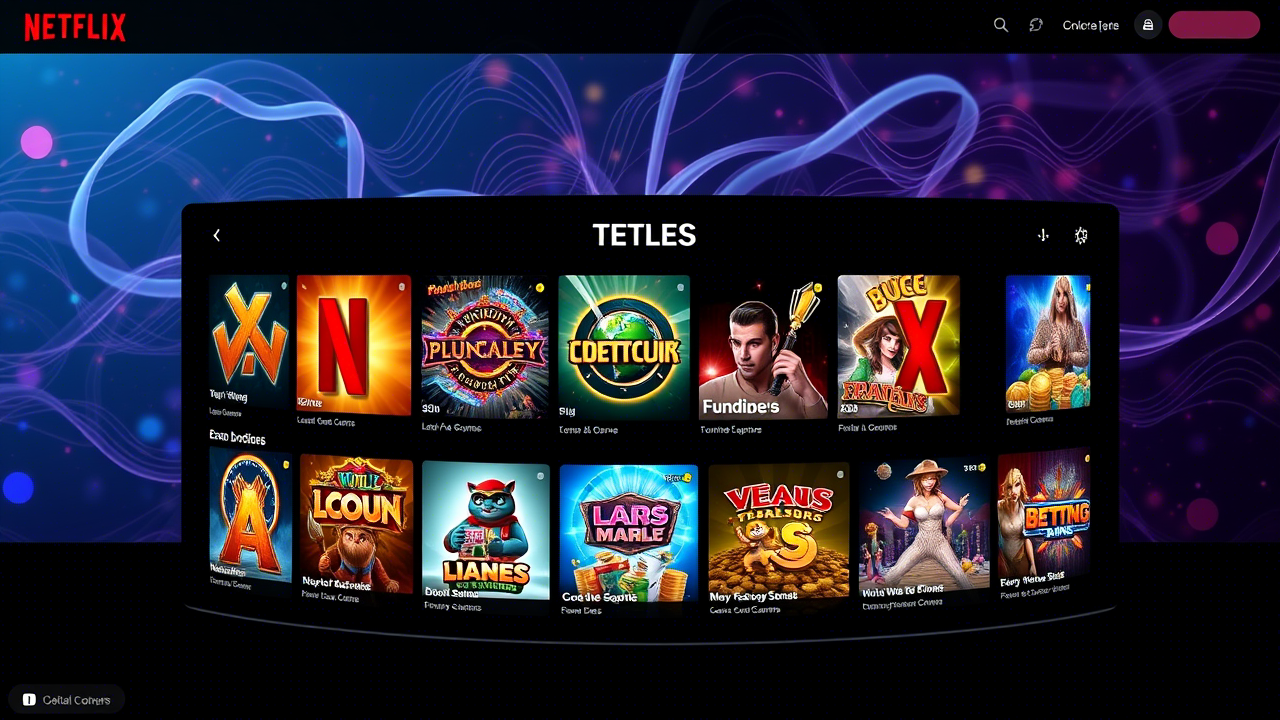⚙️ The Shift: Static Odds to Real-Time Pricing
Traditional Model:
- Odds set manually pre-match by traders
- Adjusted slowly as bets accumulate or injury news drops
- High latency in live events
Today’s ML-Driven Model:
- Algorithms monitor thousands of real-time signals
- Odds shift dynamically every few seconds
- Adjustments triggered by in-game data, bettor behavior, and even weather API calls
This shift has made betting feel like the stock market for sports — with algorithmic trading bots replacing old-school bookmakers.
🤖 How Machine Learning Actually Works in Odds Setting
Let’s get under the hood.
Machine learning enables sportsbooks to predict outcome probabilities with more nuance than traditional statistical models.
Inputs for ML Odds Engines:
- Team/player stats (form, fitness, matchups)
- Historical betting market movements
- Real-time game events (goals, red cards, injuries)
- Player-specific prop data (e.g., pass accuracy, distance run)
- Social media sentiment (yes, really)
- Weather, location, pitch conditions
- Live betting patterns (volume, bet sizes, market imbalances)
The model continuously recalculates implied probabilities and updates prices accordingly — even while the game is in motion.
💥 Live Betting = Real-Time Chaos + ML Precision
Live or in-play betting has exploded in popularity. It’s also where machine learning shows off its real-time muscle.
Example:
A striker misses a penalty and is visibly limping.
- ML model immediately downgrades win probability
- Odds update within seconds across dozens of markets
- No human intervention required
This responsiveness prevents arbitrage, balances exposure, and boosts margin control.
Think of it as a real-time war room — powered by code, not caffeine.
🔎 Key Applications of Machine Learning in Sportsbooks
📉 1. Predictive Modeling for Odds Setting
ML models are trained on millions of data points to predict:
- Match outcomes
- Half-time/full-time splits
- Props (first scorer, total corners, etc.)
- Probabilities under changing conditions
Models like gradient boosting, random forests, and deep neural networks are commonly used.
They don’t just predict winners.
They predict how markets will behave in response to player and bettor actions.
🧪 2. Real-Time Risk Management
ML can:
- Detect betting anomalies
- Spot early signs of syndicate activity
- Reprice markets to avoid exposure
For example:
- If 90% of volume is on a specific underdog in an obscure league, the system automatically flags it.
- Odds are tightened, paused, or adjusted, protecting the book’s margin.
ML systems are like risk radar — scanning, predicting, and reacting 24/7.
🧍♂️ 3. Personalized Odds for Individual Bettors
Some advanced sportsbooks now use personalization algorithms to:
- Offer different odds based on a player’s history and value
- Adjust limits for sharp vs. recreational players
- Recommend specific markets likely to convert
This creates a tailored pricing experience, optimizing both profit and retention.
However, it raises ethical questions about:
- Fairness
- Data usage
- Transparency in pricing
🛡️ 4. Fraud & Integrity Monitoring
ML models also help with:
- Spotting match-fixing indicators (unexpected sharp volume in weak markets)
- Monitoring abnormal odds movement across multiple books
- Triggering internal alerts for suspicious activity
In high-risk leagues (e.g., lower divisions, esports), this is critical.
🧬 Case Studies: ML in Action
🎯 Bet365’s In-Play Algorithms
Bet365 pioneered fast odds movement with ML-powered live trading desks that:
- Monitor 80+ sports simultaneously
- Adjust odds every 2–5 seconds
- Leverage computer vision to analyze live video feeds
🧠 Pinnacle’s Dynamic Odds Model
Pinnacle, known for accepting sharp bettors, uses ML to:
- Model sharp bettor behavior
- Create odds that react to bet volume, not just events
- Keep margins tight while staying competitive
🔗 Sportradar’s Betradar AI Engine
Betradar provides odds feeds to dozens of sportsbooks via its automated trading engine trained on:
- Historical match data
- Real-time match events
- ML-powered predictions on outcomes and total lines
🎰 The Player Perspective: More Accurate, Less Beatable?
From the bettor’s point of view, ML odds present a double-edged sword.
Pros:
- More dynamic markets
- Better value if you’re fast
- Expands live betting variety (e.g., who’ll get the next yellow card)
Cons:
- Smaller arbitrage windows
- Faster odds moves = tougher timing
- Reduced margin of error for casual bettors
Essentially, it’s a tech arms race — and the house has a head start.
⚖️ Ethics & Regulation
As sportsbooks become data-driven decision engines, regulators are stepping in.
Concerns include:
- Whether odds personalization crosses into exploitation
- If AI decisions are transparent and fair
- How much automation can be used before human oversight is lost
Expect mandatory algorithm audits in regulated markets (e.g., UKGC, MGA) by 2026.
🔮 What’s Coming Next?
🎥 Computer Vision-Powered Odds
Using AI to analyze live video feeds, not just stat feeds:
- Ball possession
- Player movement
- Fouls and dives
Will all feed directly into real-time pricing algorithms.
🧠 Reinforcement Learning in Trading
ML systems that learn and adapt in real-time based on outcomes, like AlphaZero in chess.
Odds models will train themselves to “beat the bettors.”
🔀 Cross-Sport Dynamic Pricing
Odds influenced by:
- Results in related games
- Weather across multiple stadiums
- Bettor portfolio behavior (if you bet tennis + F1, your NBA odds might shift)
📲 Personalized Live Betting Streams
Imagine a feed where:
- Your camera angle
- Commentary
- Suggested bets
Are all dynamically adjusted by your AI profile.
Hyper-personalization will merge with real-time pricing.
🧠 Final Word: Machine vs. Man in the Odds Arena
Machine learning hasn’t just enhanced sportsbook operations — it’s completely re-engineered them.
Odds are now:
- Micro-calculated
- Live-fed
- Context-aware
- Player-specific
For sportsbooks, ML means better margins, lower risk, and smarter engagement.
For players, it means fewer exploitable edges, but a faster, more exciting, and more immersive experience.
The future of betting is not just digital.
It’s algorithmic. And unless you bring a model to the fight, the house doesn’t just win — it adapts faster than you can bet.











